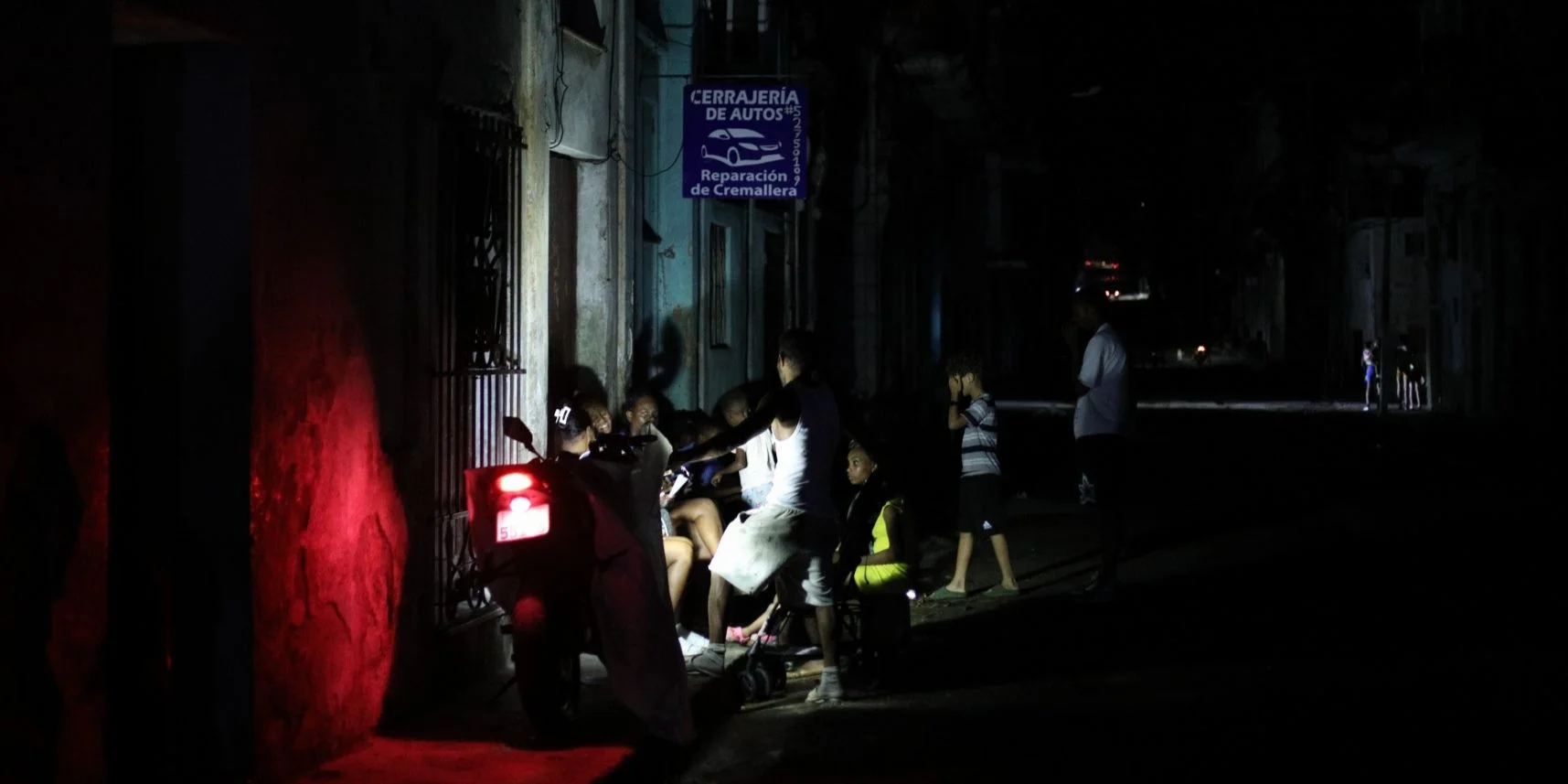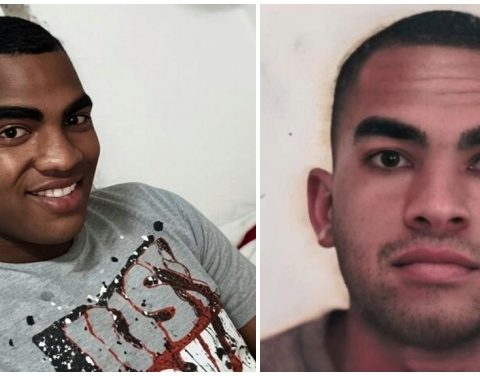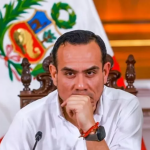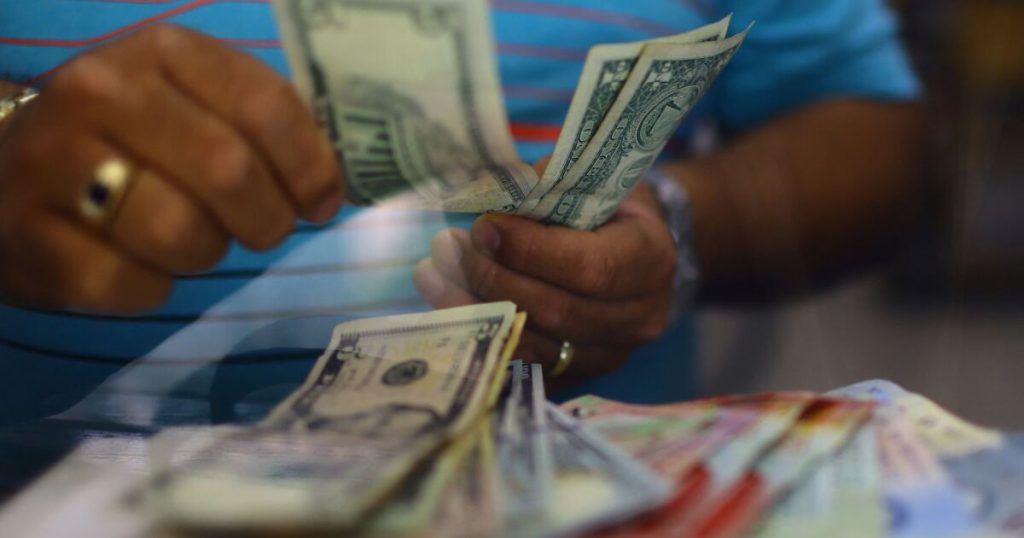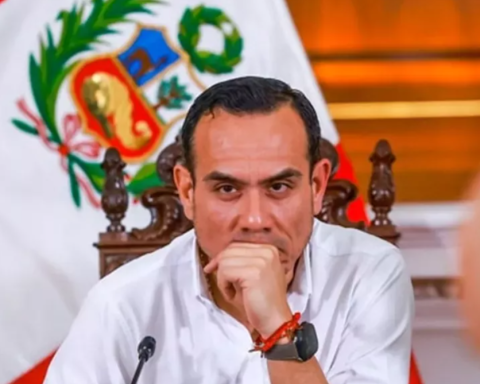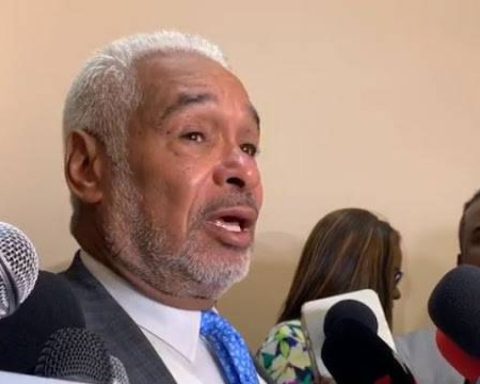HAVANA, Cuba. – Up to 100 consecutive hours of power outages were reported in Cuba after last Thursday the Prime Minister, Manuel Marrero Cruz, appeared on television to announce a new “energy contingency.” No matter how alarming the measures disclosed were, no one prepared for the disaster that occurred the next morning and that far surpassed the darkest stories of the so-called Special Period.
The entire country experienced Dantesque days, but I am going to refer specifically to Havana, around which a myth of untouchability was woven since the blackouts began to multiply in the rest of the provinces, while the municipalities in the center of the capital did not suffer. impacts, and in peripheral neighborhoods the interruptions were more moderate.
Citizen discontent in the provinces that suffered blackouts of eight hours a day and which are now in their 20s, gave rise to comments about the “privileges” of Havana. Many netizens called for power cuts in the capital so that the provinces would have more hours of electricity. Others said that in the capital they did not turn off the light to avoid putting on “the bad thing,” an argument that gave Havana residents a courage that only manifested itself in isolation when, in the midst of the recent national blackout, uninformed and disconnected due to the fall of the internet and mobile phone downloads, they found themselves with rotten food in the freezer and drinking water reserves almost or completely depleted. It was normal in such circumstances. But that large and powerful demonstration that could be expected from the most populated city in Cuba never happened, because in Havana, as in the rest of the Island, there is fear.
During the first 36 hours after the debacle of the National Electroenergetic System (SEN), this server saw the neighborhood’s thugs devouring the beers from the corner bar before they lost the cold. Many spent the blackout drunk, shouting El Taiger songs – for a change – and playing cazuelas to the rhythm of a conga, so that it was impossible to tell whether it was protest or enjoyment.
The most obvious expression of citizen rage was the silence, mostly that of the women who, distraught, monitored the thawing process of the food that cost thousands of pesos. After wrapping the meat with newspaper, putting it in nylon crates and covering it with the pieces of ice that came off the walls of the freezer, the Cubans had to cook for an entire battalion so that the chicken, the sausages and the minced meat would not end up in the garbage tank. You could see everyone entering and leaving their houses, helpless, checking the water tanks that were hitting bottom and waiting for the news reports that arrived with the same discouraging news: the National Electroenergy System was disconnected again.
According to residents of various municipalities, on Friday night some people broke the windows of the La Francia store, located in Obispo and Aguacate, Old Havana, and vandalized two warehouses in that municipality. On Saturday night, a group of people went out to protest near the Malecón, the Police charged some protesters and imposed fines of up to 40,000 pesos, a monstrosity whose sole objective is to teach a lesson and intimidate a population that does not even have the right to demand that the Government solve the problems that it itself has created. That same night, in the Los Sitios neighborhood of Central Havana, a neighbor went out alone into the street to protest and ask where “the men of this country” were. Silence for response. On Sunday, a group of women from the municipalities of La Lisa and Marianao decided to go to the home of ruler Miguel Díaz-Canel to put in front of him the rotten food that none of them were in a position to replace. A police cordon closed their path, without mistreating them, to prevent not only their advance, but also more people from joining them.
These centers of rebellion were, for the most part, carried out by women and mothers whom the regime has not protected, nor did it protect the hundreds of thousands of vulnerable people (disabled, bedridden patients, lonely elderly) who live poorly in the twisted Cuban normality. , and who must have been on the verge of death during the days of darkness and persistent rain, unable to fend for themselves in many cases, nor being able to request help. It is not surprising that, of the seven dead in Guantanamo after the passage of Hurricane Oscarthree were elderly. It hurts to imagine under what circumstances those people died who, in the middle of the blackout, were not even warned of the meteor’s arrival.
Díaz-Canel, dressed as a military man, appeared on television not to talk about solutions, but to make it clear that the protests were a “disturbance of citizen tranquility”therefore, they will not be allowed. Havana, by itself, will not make a difference, as Santiago de Cuba did not on March 17, although it set an unforgettable precedent.
The situation will get worse, not only due to the malicious intentions of those who run the country, but also due to the drastic reduction of our own expectations. After two days of blackout, I heard Havana residents clamoring for the three hours of electricity that are common in the provinces and that, until last Thursday, seemed unacceptable to us. If we continue like this, we will end up begging, on our knees, for the executioner’s axe.
